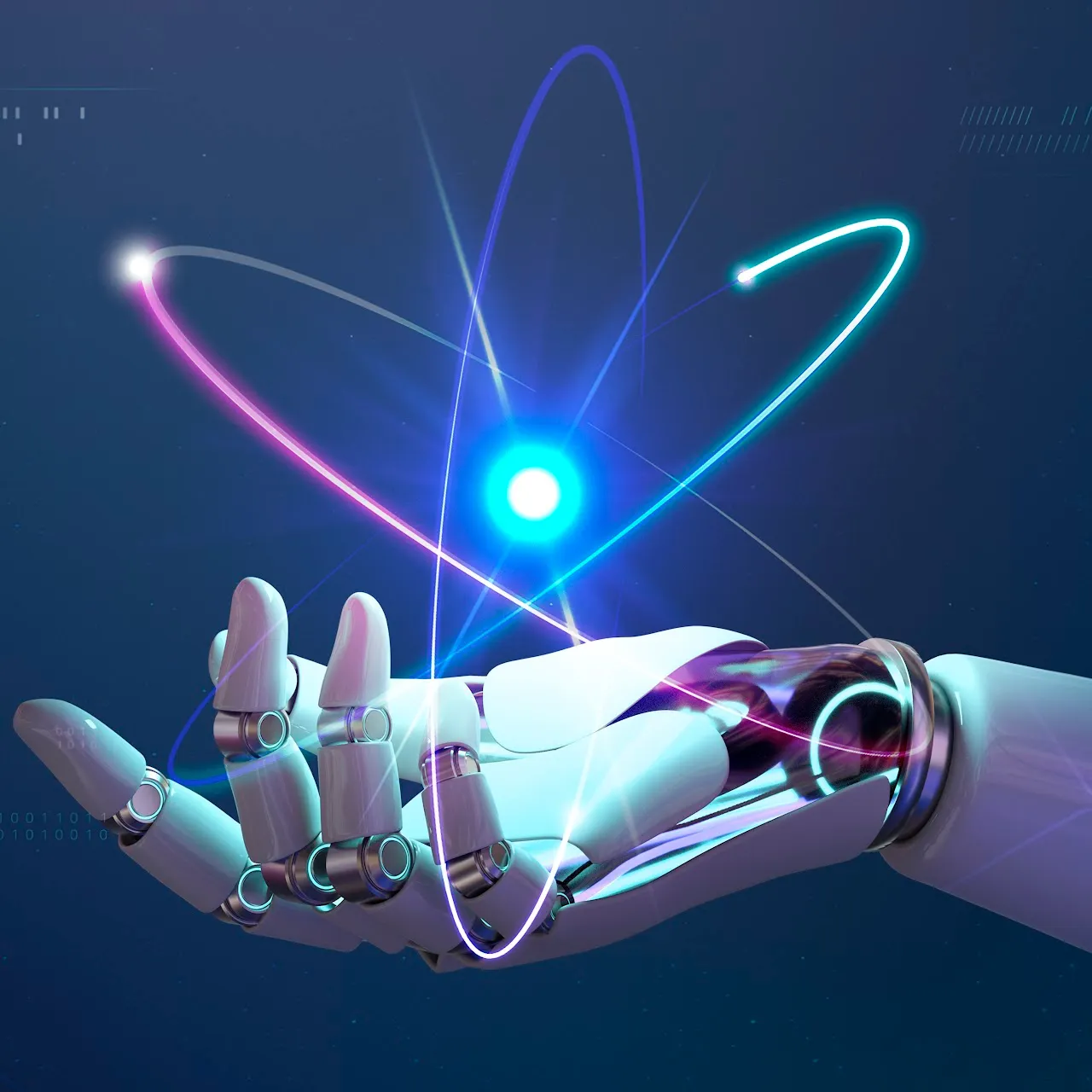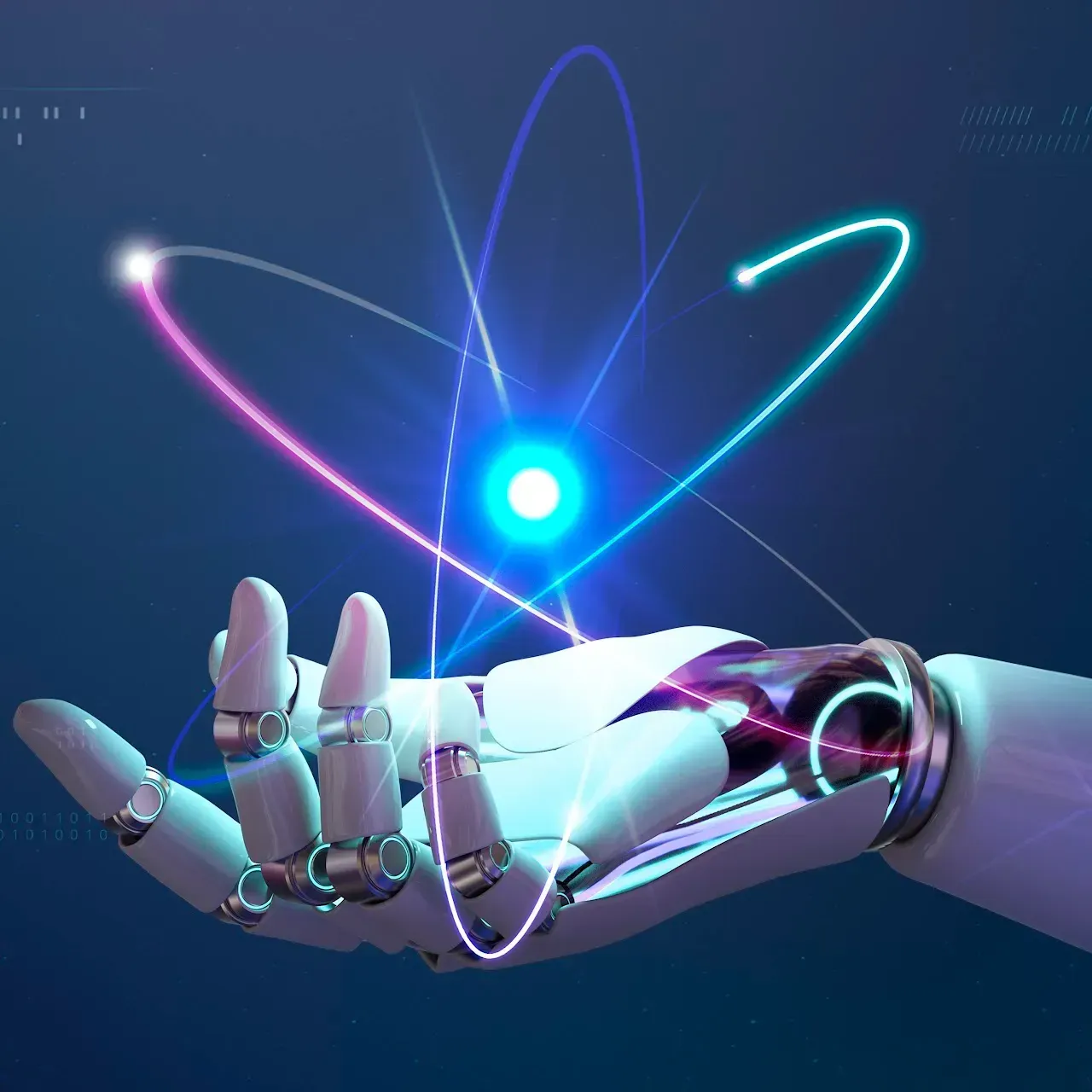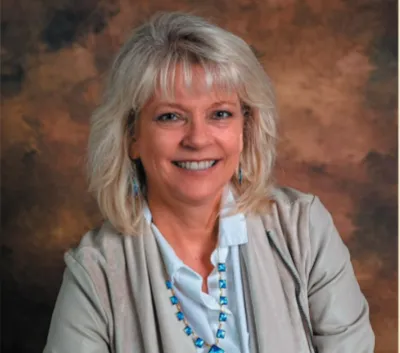Table of Contents
By John Brown, Walter Hubbard and Ron Latanision Dec. 2, 2023
Recently the Wilson Science and Technology Forum of the Jenks Center has hosted several speakers with compelling insights on how the grid may adjust as Massachusetts works to achieve its legislated goal of net zero greenhouse-gas emissions by 2050.
Eric Johnson spoke as a representative of ISO-New England, which manages the electric grid in the 6 New England States to assure reliable electric supply 365 days a year, at the most affordable price. He discussed the new challenges to grid stability due to the hour-by-hour fluctuations in output from zero carbon renewable sources - predominantly solar photovoltaic but in the near future offshore wind as well. The other main challenge will be meeting the increased demand for generation and transmission of electricity that will result from electrification of heating (heat pumps) and transportation (electric vehicles).
Zeyneb Magavi explained the “networked geothermal” concept for heating (and air-conditioning) buildings that her organization, HEET, proposed recently. Expected benefits of networked geothermal include far lower electric demand than heating with air source heat pumps, the possibility of closing down the gas distribution network gradually over many years rather than keeping it fully operational until suddenly shutting it down all at once in 2050, providing a business opportunity for natural gas utilities to continue in business as “thermal heat utilities,” and allowing gas pipeline workers to continue working as networked geothermal pipeline workers. The concept is so compelling that both Eversource and National Grid are building sizable pilot projects in the state that will become operational in the near future.
Christopher Knittel, the chief energy economist at the MIT Sloan School of Management, discussed a problem that stands in the way of electrification in Massachusetts. Under the current electric pricing formula, the operational cost of heating using electric heat pumps is often more expensive than continuing to burn natural gas. He suggested that the half of the cost of electricity that pays for fixed infrastructure (delivery) should be included in the base electric rate or covered by other sources than the electric bill. Only the variable cost of electricity generation (supply), which constitutes only half of the bill as currently charged, would be included in the per-kilowatt-hour volumetric rate. With this approach, using electricity for heating would be clearly less expensive than using gas, and this would accelerate the transition away from fossil fuels.
State Senator Michael Barrett discussed the costs of meeting the 2050 net zero goal. Ramp up of renewable generation sources of electricity plus expansion of the transmission capacity of the electric grid will be very expensive. A key to balancing the burden of these additional costs must be finding savings through simultaneous contraction of the state’s natural gas distribution grid. One easy approach to gas system savings can be a policy of repairing, instead of completely replacing, leaking segments of gas distribution pipes. A bolder approach with potential for even greater savings would be a policy of actually shrinking the distribution grid by completely closing off and shutting down particularly leaky segments, with conversion of the affected buildings to heating with heat pumps or other alternatives to piped gas.
All four of these excellent talks were recorded and can be streamed free on demand at the Wilson Forum’s blog, https://jenksst.blogspot.com/ . Likewise, WinCAM broadcasts Forum presentations on Mondays and Fridays. To learn of upcoming speakers you can check the Jenks website https://www.jenkscenter.org/ (events, daytime, Wilson Forum), or request to be placed on the roster for email notifications by sending an email to rlatanision@alum.mit.edu.






